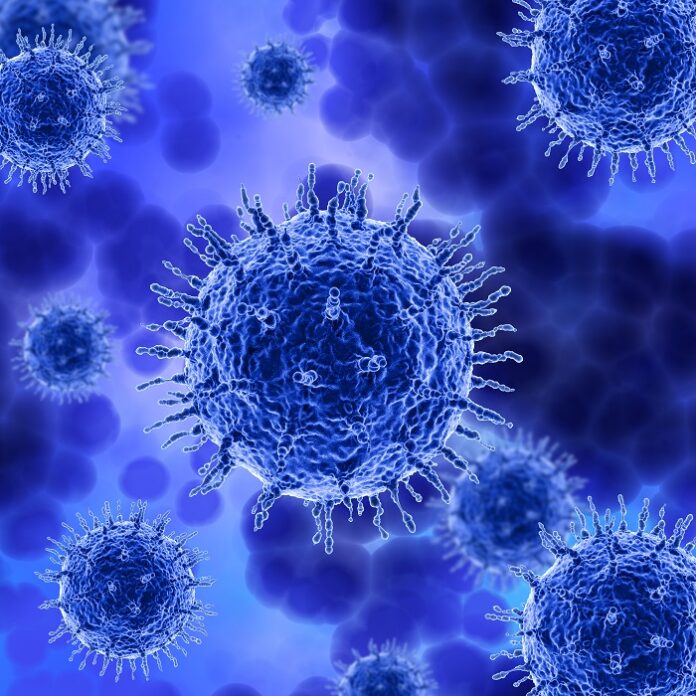Introduction
With the continuous mutation of SARS-CoV-2 and the emergence of new variants, existing vaccines and antiviral treatments face limitations. Researchers from Birla Institute of Technology and Science (BITS) Pilani, National Institute of Technology (NIT) Raipur, and National Institute of Pharmaceutical Education and Research (NIPER) Hyderabad explored chitosan derivatives as potential inhibitors of the virus. Their study used computational docking and molecular simulations to identify chitosan derivatives with strong antiviral properties, providing promising leads for future therapeutic development.
Why Chitosan?
Chitosan, a marine-derived carbohydrate polymer, possesses antimicrobial and antiviral properties. This study evaluates the antiviral potential of its derivatives against SARS-CoV-2 and its variants.
Methodology
Molecular Docking
Researchers performed site-specific docking on the receptor-binding domain (RBD) of wild-type SARS-CoV-2 and its variants, including:
- B.1.1.7 (UK variant)
- P.1 (Brazilian variant)
Ligand Selection
Scientists screened various chitosan derivatives to determine their binding affinity and interactions with key amino acid residues of the spike protein.
ADMET Analysis
The study conducted Absorption, Distribution, Metabolism, Excretion, and Toxicity (ADMET) analysis to assess the pharmacokinetic potential of the selected compounds.
Key Findings
Strong Binding Affinity
Among the tested derivatives, the following exhibited high binding affinity (-6.0 to -6.6 kcal/mol) with the SARS-CoV-2 RBD:
- N-benzyl-O-acetyl-chitosan
- Imino-chitosan
- Sulfated-chitosan oligosaccharides
Critical Interactions
These chitosan derivatives interacted with key amino acid residues such as:
- Tyr 449
- Asn 501
- Gln 493
- Gln 498
These residues play a crucial role in viral transmissibility and immune evasion.
Effect on SARS-CoV-2 Variants
The selected chitosan derivatives effectively bound to SARS-CoV-2 variants, potentially neutralizing mutations that enhance viral infectivity.
Favorable ADMET Profile
These derivatives displayed good pharmacokinetic properties, suggesting their safety and efficacy as antiviral agents.
Chitosan as a Therapeutic Candidate
Inhibition of Viral Entry
Chitosan derivatives prevent SARS-CoV-2 from entering human cells by inhibiting the spike protein’s interaction with ACE2 receptors.
Immune System Modulation
These compounds exhibit immunomodulatory effects, potentially enhancing host resistance against viral infections.
Broad-Spectrum Antiviral Activity
The derivatives also showed interactions with proteins from other coronaviruses, indicating potential broad-spectrum antiviral properties.
Future Implications
Experimental Validation: Further laboratory studies are necessary to confirm the antiviral activity of chitosan derivatives in in-vitro and in-vivo settings.
Optimization of Derivatives: Chemical modifications may improve the bioavailability and stability of these compounds, enhancing their therapeutic potential.
Clinical Trials: Future studies should assess the safety and effectiveness of chitosan derivatives in human clinical trials.
Conclusion
Chitosan derivatives demonstrate strong antiviral properties against SARS-CoV-2 and its variants. Their ability to inhibit viral entry and interact with spike protein mutations makes them promising candidates for future antiviral drugs. However, further pharmacological evaluations and clinical trials are essential to establish their role in COVID-19 treatment and prevention.
As reported by TOI, this study offers a hopeful direction for developing novel antiviral strategies using marine-derived biopolymers like chitosan.























